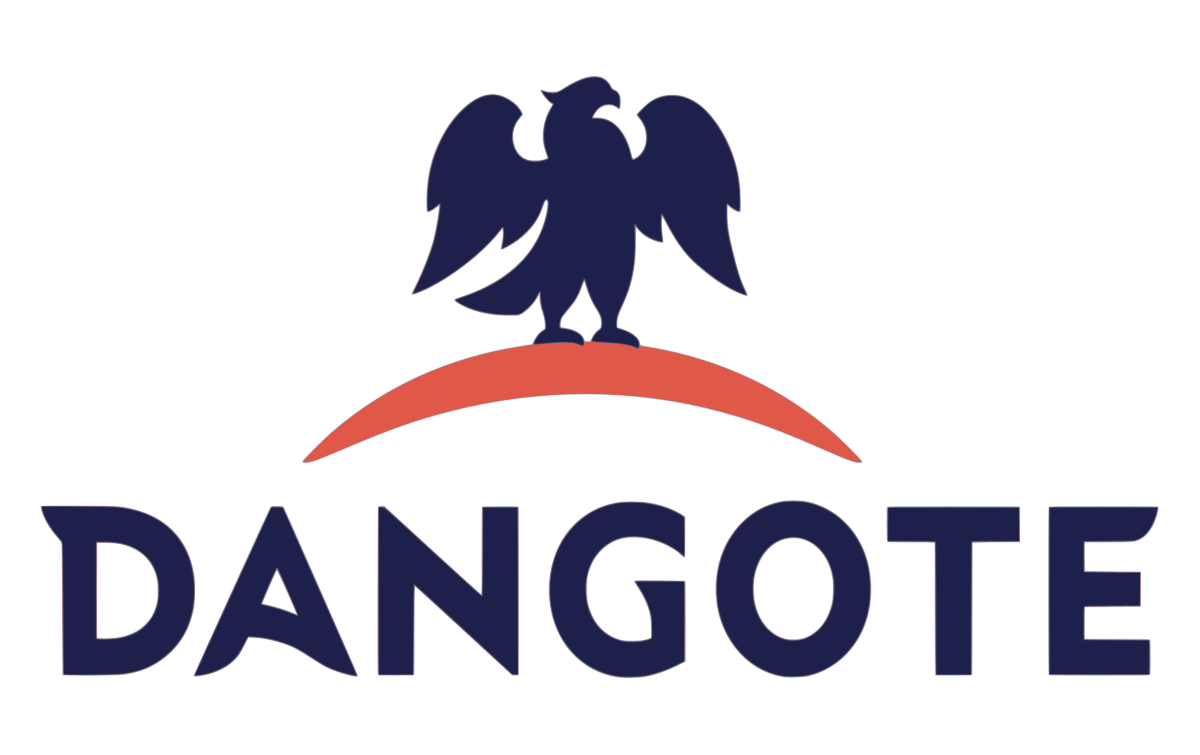The crude oil refinery being built in Lagos by Dangote Industries Limited is a threat to refineries in Europe, which Nigeria relies mostly on for fuel imports, a global provider of energy and commodities information has said.
The Editorial Director, Strategic Oil Markets Development, S&P Global Platts, Andrew Bonnington, said at the S&P Global Platts Lagos Oil & Energy Forum on Thursday that the start of operations at the Dangote refinery would likely lead to the closure of some European refineries.
“In Africa, the Dangote refinery is a huge story; one of the biggest refineries in the world being built in Nigeria, likely to supply most of or all of Nigeria’s consumption. That clearly has an impact on European refineries, because they export to Nigeria.” He told the press.
“It is impossible for me to say exactly what the impact will be, but it is not a good thing for European refineries that Dangote refinery is being built.”

The crude oil refinery being built in Lagos by Dangote Industries Limited is a threat to refineries in Europe, which Nigeria relies mostly on for fuel imports, a global provider of energy and commodities information has said
According to Bonnington, Europe is the biggest supplier of petroleum products to Nigeria, with about 75 per cent of petrol consumed in the country imported from the continent.
Last week, the President, Dangote Industries Limited, Aliko Dangote, said he had arranged more than $4.5bn in debt financing for his refinery project and aimed to start production in early 2020.
Dangote, Africa’s richest man, is building a refinery with a capacity of 650,000 barrels per day to help reduce Nigeria’s dependence on imported petroleum products.
He was quoted by Reuters as saying that lenders would commit about $3.15bn, with the World Bank’s private sector arm providing $150m, adding that he was investing more than 60 per cent from his own cash flow.
“We will end up spending between $12bn and $14bn. The funding is going to come through equity, commercial bank loans, export credit agencies and developmental banks. Hopefully, we will finish mechanical (construction) by next year and products will start coming out in the first quarter of 2020,” Dangote added.
READ ALSO:
NIGERIA: KBR awarded FEED pact for Nigerian LNG expansion
Eni announces second oil discovery in Egypt’s western desert

